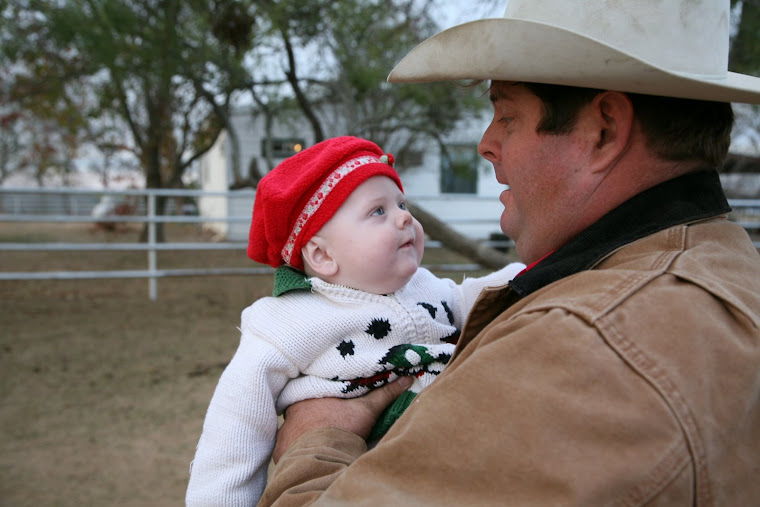This was an article in the TFB newsletter, I thought it was a good one.
By Lloyd J. Huggins
Editor’s Note: The following is a response to Nicholas Kristof’s Dec. 11 column in the New York Times, which called on President-elect Barack Obama to abandon national agricultural policies.
So Nicholas Kristof recommends we abandon agriculture as an important piece of the American fabric. In doing so, he casts a wide net, vilifying farmers and ranchers, along with agricultural policy in general, as he makes numerous misstatements regarding the nature of agriculture in the United States today.
Thankfully, one thing, he got right: Only 2 percent of America’s population provides the food which feeds not only the United States, but much of the rest of the world. We grow 40 percent of the world’s corn, as well as much of its rice and wheat—three crops which by themselves are the staple products for the bulk of diets the world over.
Mr. Kristof notes that 100 years ago about 35 percent of the population engaged in agriculture, a statistic which I believe points out how much more efficient agriculture is today.
Still, Mr. Kristof would rather rail against the "farm lobby," saying it has been "hijacked" by "industrial operators."
I, like many of my friends and neighbors, am a beef cattle rancher and farmer, as well as a proud member of the Texas Farm Bureau and American Farm Bureau Federation. As we all perform systematic labor for the purpose of producing food, I suppose we could be guilty of being "industrial operators." Given that we are members of the nation’s largest farm organization, we are also probably guilty of trying to influence government agricultural policy.
And because Farm Bureau policy, which directs our organization’s efforts, is developed at a grassroots level by county organizations of individual farmers and ranchers, it must clearly be a "hijacking" of governmental policy.
But the men and women I know are hardly pirates. We don’t represent a lot of votes, so we must lobby collectively in order to be heard. We hope to ensure our nation’s agricultural policy is common-sense and helps us continue to produce food for the world while allowing us to make a living doing so.
Mr. Kristof bemoans the loss of "family farms" to behemoth "industrial operations" and "factory farms." As I look at my neighbors, I see families—some with small operations and some with large operations—yet, they are all run by families.
Perhaps in New York State, agricultural operations are run by faceless corporations, but here the family farm is real.
Mr. Kristof says he regrets that his own kids don’t have the chance to grow up on a farm. Given that he owns land in Oregon, it appears he made a personal choice not to pursue the agricultural life, apparently leaving him somewhat bitter and resentful.
Maybe he couldn’t be satisfied with the low profit margins (when they are not negative) and the 12-14 hour days many farmers and ranchers embrace. Perhaps, he couldn’t live with the risks these farmers take when they put thousands of dollars worth of seed in the ground and then pray for rains that will germinate their crop, but not come at a time to ruin the harvest.
Or maybe he couldn’t endure the times ranchers watch their pastures burn up under a hot, dry sun and have to sell some of their best cattle at a loss due to drought.
The farmers and ranchers I know care for their animals and their land. They try to truly provide the best care they can afford for their livestock, while managing their land in a way that is sensitive to the environment and allows for sustained productivity of that land. They love the land, God’s creatures, and the lifestyle they have chosen.
Very few get rich, and most struggle to make a living that would be unacceptable by most urban standards. This small slice of our population provides our national food security and economic clout by virtue of how much of the world’s food supply they produce.
Given how few of us actually produce that food, perhaps today more than ever we need an effective, supportive Agriculture Department that can help ensure the survival of this tiny, but essential slice of our nation’s population.
Lloyd J. Huggins is a Hamilton County Farm Bureau leader and member of the current FarmLead class.
"40"
Subscribe to:
Post Comments (Atom)




























No comments:
Post a Comment